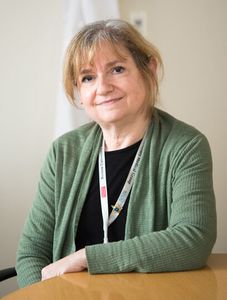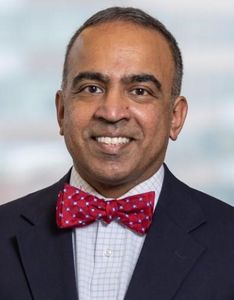ID Fellowship Training Program
Our ID Fellowship is accepting applicants for the 2025 academic year through ERAS.
Welcome!
We are delighted that you are interested in our Infectious Diseases Fellowship Program. Now, more than ever, the world needs ID clinicians and researchers, and we believe that our ID program is well-suited to provide the clinical experience, teaching, and research exposure to help you succeed. We hope that you will explore our website in detail so that you can understand the opportunities available to you, learn about the fantastic faculty, and get a sense of the values of our program. Please reach out with any questions you might have.
To highlight a few of the key strengths of our program:
1. Our fellows are exposed to a wide range of infectious diseases associated with migration, poverty and substance use – in addition to bread and butter ID. If you want to see tropical diseases, tuberculosis, and sequelae of AIDS, this is the place for you.
2. We offer a combined ID-Addiction fellowship, one of the first in the country, and our faculty are involved in well funded ID-addiction research including the Mass HEAL initiative.
3. We have four key areas of research focus – 1) HIV, Hepatitis C and Infections associated with substance use 2) Antimicrobial stewardship and Infection Control 3) Tuberculosis, Global Health, and Travel Medicine 4) Virology and Immunology
4. For research training, our fellows have the opportunity to pursue Master’s level training as part of a T32 training program or a third year of dedicated antimicrobial stewardship/infection control. Many of our fellows go on to productive grant-funded research careers.
5. We have deep expertise in implementation and evaluation of innovative program models for these populations using mixed research methods in partnership with the Evans Center for Implementation and Improvement Sciences, of which one of our faculty, is the Co-Director.
6. Our fellows have the opportunity to pursue overseas training at several of our sites – including in South Africa, India, and elsewhere.
7. We are affiliated with the National Emerging Infectious Diseases Laboratory (NEIDL), one of few BSL-4 labs in the country.
8. Living in Boston means you have access to great restaurants and cultural activities. On your days off, you can head to nearby beaches or mountains for some time in nature.
9. Our program seeks to build a sense of community – where fellows and faculty support each other. We celebrate each other in the good times and hold each other up when times get tough. Our fellows meet bimonthly with the Program Director to provide feedback.
10. We are committed to diversity, equity and inclusion for our trainees, our faculty, our educational programs, and our research.
The Infectious Disease Training Program at Boston Medical Center is dedicated to providing the best clinical and research experience for our fellows in the context of the important social and scientific missions of the hospital and Boston University

Section Chief
Director, Antimicrobial Stewardship Program
Professor of Medicine, Section of Infectious Diseases

Vice Chair for Education, Department of Medicine
Program Director, Infectious Disease Fellowship
Clinical Associate Professor, Section of Infectious Diseases